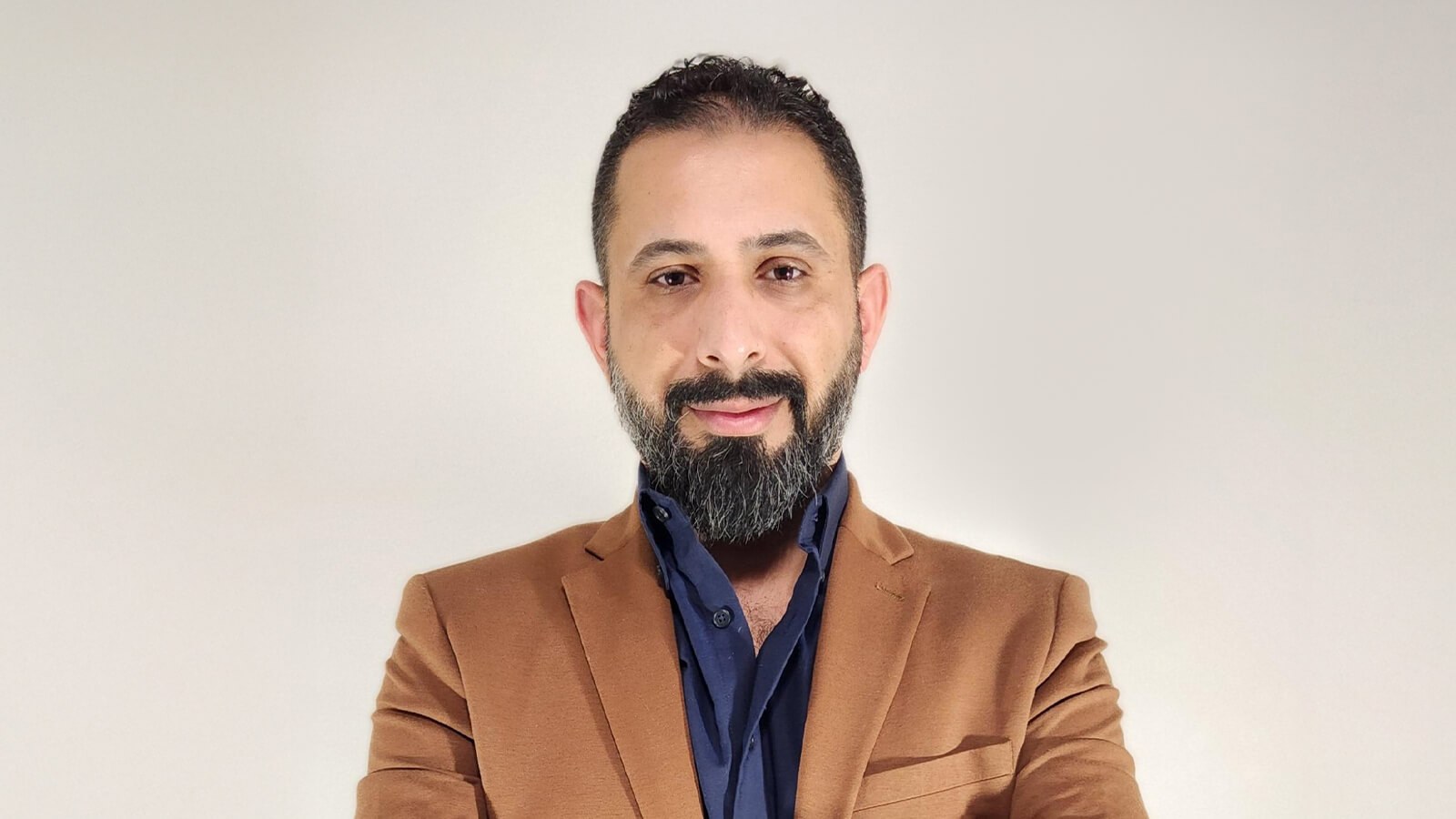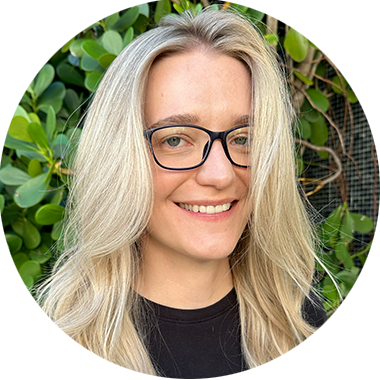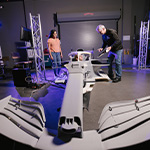Full Sail Stories
Published Jul 29, 2025
Faculty Spotlight: Dr. Ahmed Al Zaidy (Computer Science Master’s)
Dr. Al Zaidy brings experience in AI, cybersecurity, and creative problem-solving to his classes.

Full Sail’s Computer Science master’s program is all about using advanced software development skills to creatively solve problems in the realm of technology. Course Director Dr. Ahmed Al Zaidy, who teaches three classes in the program, has years of tech-related problem-solving experience. He ran his own technology consulting business, IT Pro Services LLC, where he managed client projects, IT infrastructure, and product development strategies. Ahmed has taught computer science and cybersecurity courses at multiple educational institutions; he also contributed to curriculum design and program development.
In the classes Ahmed is currently teaching at Full Sail (Advanced Artificial Intelligence, HCI Application Development, and Software Project: Deployment and Professional Presentation), he shows his graduate students how to apply artificial intelligence to real-world cybersecurity and software development issues, which can help prepare them to make strides in the tech world.
Can you tell us about a time when you applied artificial intelligence to a cybersecurity challenge in your professional work?
As the Director of IT Pro Services LLC, I led a project to integrate AI-driven analytics into a client’s cybersecurity monitoring system. We developed and deployed an AI model to detect anomalies in network traffic, which significantly improved threat detection accuracy and response time.
What’s a recent professional project that you’ve worked on that you’re proud of?
Founding and serving as Editor in Chief for the Journal of Information Technology, Cybersecurity, and Artificial Intelligence (JITCAI). It's an open-access, peer-reviewed academic journal that helps bridge academic research with industry innovations. I got to be involved in everything from drafting the scope and submission guidelines to shaping the peer-review workflow. It’s fulfilling to offer a legit platform for researchers – especially students or early-career academics who might otherwise struggle to get published.
What’s a unique strategy that you use when you’re teaching your students?
I use scenario-based learning with real-world datasets, especially in AI and cybersecurity classes. My students work on simulations or capstone projects modeled after actual industry problems, helping them apply theory to practice in meaningful ways.
Is there a soft skill that’s important for your students to learn?
Absolutely – critical thinking is essential. My students are consistently challenged to analyze complex problems, evaluate multiple solution paths, and make informed decisions backed by both data and ethical reasoning.
What’s the most important thing you want students to take away from their time with you?
I want them to walk away with the confidence and capability to tackle real-world challenges, armed with both strong technical expertise and the mindset to innovate, adapt, and lead in fast-evolving tech landscapes.



